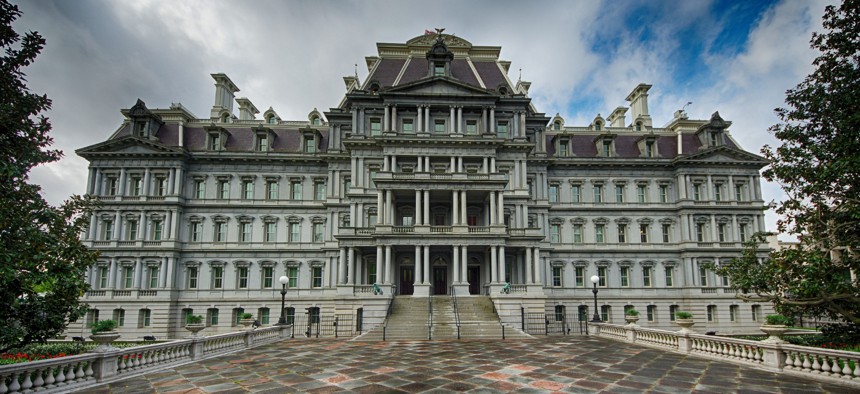Biden selects NSA veteran as national cyber director nominee

Jason Kostansek/Getty Images
White House officials named former National Security Agency official Harry Coker, Jr. as the nominee to replace former National Cyber Director Chris Inglis amid the ongoing implementation of the new National Cyber Strategy.
After nearly six months without a permanent National Cyber Director, the White House announced its nominee Tuesday.
President Joe Biden selected former National Security Agency executive director and intelligence community veteran Harry Coker, Jr. to fill the role vacated by Chris Inglis in February and currently held in an acting capacity by Kemba Walden.
Coker’s nomination comes as industry and stakeholders have been clamoring for the White House to name a permanent successor to Inglis and to help further shepherd the implementation of the National Cyber Strategy, which was unveiled in March.
Coker has more than 20 years of experience in the intelligence community, including as executive director of the NSA from 2017 to 2019, in addition to multiple positions within the CIA.
During his tenure at CIA, he led the agency’s Open Source Enterprise — which collects and analyzes a wide range of open source data, intelligence and information — from 2015 to 2017 and served in its Directorate of Science & Technology for more than a decade.
A member of both the national security/foreign policy arm of the Biden-Harris presidential transition team and Microsoft’s Azure Mission Cloud Advisory Board, according to his LinkedIn profile, Coker has extensive ties to the tech sector and is currently a senior fellow at Auburn University’s McCrary Institute for Cyber and Critical Infrastructure Security.
Pending Senate confirmation, Coker would be tasked with continuing Walden’s work on the National Cyber Strategy, which the acting director unveiled two weeks ago, outlining 65 “high-impact initiatives” that agencies will need to execute to help support the strategy.
Alongside that broad effort is the work on establishing guardrails for generative artificial intelligence, something Walden said last month was achievable through the National Cyber Strategy, in part, by ensuring secure by design approaches that bake cybersecurity into AI tools at the design stage.
Though Walden has been the face of the National Cyber Strategy for months, concerns mounted around the lack of a permanent nominee to fill the role, especially following recent cyber incidents like the MOVEit file-transfer breach and the cyber intrusion targeting email accounts at the State and Commerce departments.
There was speculation that Walden could ultimately get the role, though that would have likely required the White House to name another acting National Cyber Director while she served as the nominee.
But several news outlets reported two weeks ago that Walden would not get the permanent job, reportedly because of “personal debt issues.”
A former Navy surface warfare officer, Coker is a graduate of the U.S. Naval Academy and the Georgetown University Law Center.






